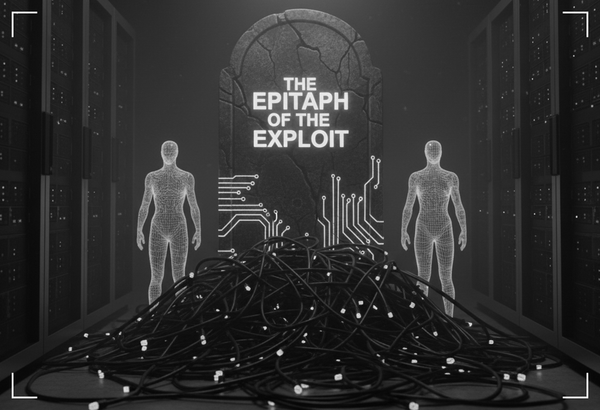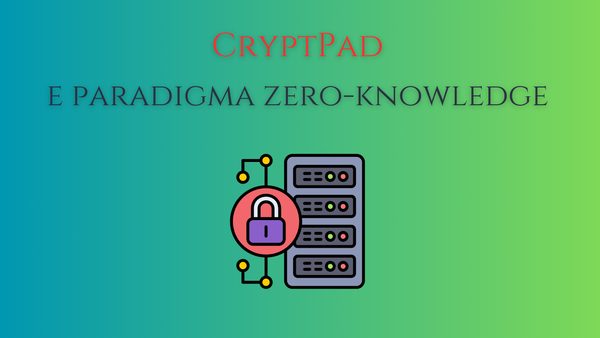The Surveillance Economy: A Pandora’s Box [Free for Sale — Act 1]
Forget Big Brother, the new panopticon isn’t a watchful eye, but a million data points painting a portrait of you more intimate than you know yourself.
![The Surveillance Economy: A Pandora’s Box [Free for Sale — Act 1]](/content/images/size/w1200/2025/06/52cd6c2c-d513-46f7-9097-e7f9ba9d9c7d_1920x1080.png)
Forget Big Brother, the new panopticon isn’t a watchful eye, but a million data points painting a portrait of you more intimate than you know yourself. This is the surveillance economy, where your clicks, your emotions, even your future are commodities traded in a marketplace you barely understand. It’s a world where algorithms predict your next purchase, your next career move, maybe even your next emotional breakdown. It’s a high-stakes game with no easy answers, a tightrope walk between innovation and exploitation, and we’re all players whether we like it or not.
Forget hindsight, the surveillance economy is about foresight. Algorithms don’t just track what you did, they predict what you will do. Want to know who’s likely to buy, quit, or even commit a crime? The data whispers the answers, but at what cost to free will and individual autonomy? Is it innovation or manipulation when you’re nudged towards a choice before you even realize you’re making it? The line between personalization and predetermination blurs, and we must question where our own volition begins and the algorithm’s influence ends.
And it’s not just about what you do, but how you feel. Forget money, your joy, your fear, your anger — that’s the new gold rush. Facial recognition, sentiment analysis, even your heartbeat betrays your inner state. Imagine ads that shift based on your micro-expressions, political campaigns tailored to your anxieties. It’s powerful, it’s personal, and it’s terrifying. Where does persuasion end and exploitation begin? As our emotions are quantified and commodified, the ethical implications become a minefield we must carefully navigate.

Your digital shadow is more than a record; it’s a doppelganger. Every like, every search, every paused video builds this data-driven replica. It can unlock personalized experiences, but it can also lock you out. Imagine being denied a loan, a job, even a date because your data self doesn’t fit the algorithm’s ideal. Who owns this digital you, and who decides its fate? In a world where our digital selves hold increasing sway, the question of ownership and control over our data becomes paramount.
And the walls are closing in. The surveillance economy isn’t just online anymore. Smart cities, connected homes, even your fitness tracker blur the lines between physical and digital. Imagine a world where your every move, your every conversation, is tracked and analyzed. What are the limits of surveillance, and how do we safeguard individual freedom in this interconnected world? Preserving human autonomy in a world where the digital and physical are increasingly intertwined is a challenge we must all confront.
But it’s not just a philosophical debate; it’s a global power struggle. Data is the new oil, and nations are battling for control. China’s social credit system, Europe’s GDPR, it’s a global tug-of-war over privacy, power, and profit. Finding a balance between national interests, ethical considerations, and the rights of individuals is a tightrope walk on the global stage.

This is just the beginning. The surveillance economy is a labyrinth of ethical dilemmas, technological challenges, and societal shifts. In this series of articles, we’ll delve deeper into each facet of this complex landscape, exploring the risks, the opportunities, and the critical questions we must all confront in this age of data dominance. Stay tuned as we unravel the threads of the surveillance economy and chart a course towards a future where data empowers, not enslaves.





